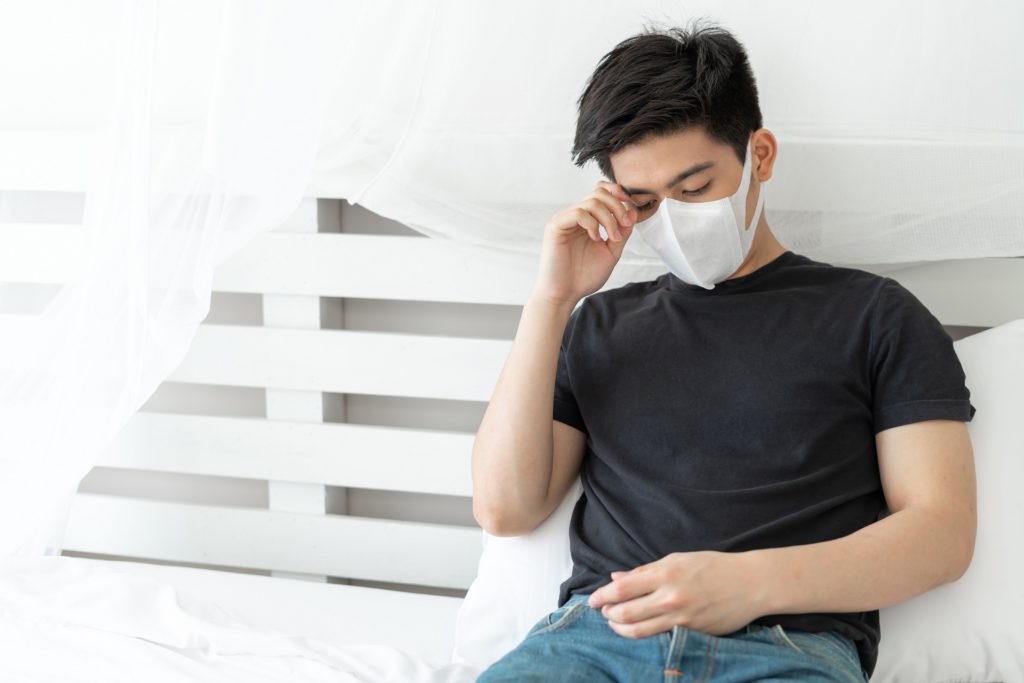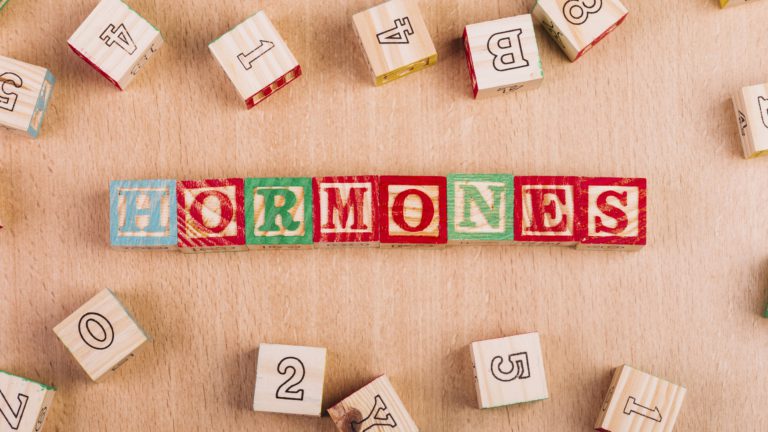The global coronavirus pandemic is associated with anxiety, isolation, and economic uncertainty, triggering feelings of hopelessness and despair. Your mood and experiences at the moment may lead to depression or its symptoms. If you feel like this health crisis is taking a heavy toll on your mental health, you are not alone, and there are ways around this.
The good news is that you can follow some strategies to manage your negative thoughts and become productive again. Use this article as your guide to coping with depression during the pandemic.
How Does COVID-19 Affect Depression?
Human beings are social creatures. Unfortunately, one of the worst things about this pandemic is that it caused everyone to be cooped up in the house for months, causing many to be cut off from the close contact, love, and support they need from their trusted family members and friends. Months of complying with social distancing regulations and staying isolated can leave you feeling like you have to face your problems all alone.
It’s natural to worry, especially during the pandemic, but you can panic and suffer from anxiety when your worries start to spiral out of control. You can also feel overwhelming stress during these challenging times as you experience a significant change in your life, like financial or relationship difficulties, a job loss, or the death of a loved one. When you experience substantial stressors at the same time, you become more vulnerable to depression.
How Can I Deal With Depression Symptoms Healthily?
Many turn to unhealthy coping mechanisms to deal with the loneliness, boredom, and stress of being in lockdown for months. If you find yourself overeating junk food, drinking too much, or abusing drugs, you can suffer from worse depression symptoms in the long run. Use healthy strategies instead to improve your mood.
While it’s easier said than done, and there is no easy fix for recovering from depression, you have more control over your mood than you may realize. You just need to find the energy and motivation to take the first step to deal with your symptoms.
To get started, think about what brings you joy. You can’t force yourself to be happy, but you can do activities that boost your mood. For instance, you can find a reason to laugh, feel better, and put a smile on your face by taking better care of yourself. Try doing your favourite exercise routine, walking in the park, eating healthily, watching comedy movies, or playing with your cat. You can also create new ways to connect with others by video chatting or talking on the phone.
Conclusion
The profound feelings of stress during the pandemic can trigger depression. Taking good care of your mental health and learning how to stop anxiety during this troubling time can be challenging. The good news is you can deal with your symptoms more effectively by following the suggestions and health tips mentioned in this guide. You can also seek help from experts like us for further assistance.
Jumpstart your wellness journey by visiting Health Optimizing Langley. We use a technology that identifies the root cause of your illness at the cellular level. This can act as a support for the wellness program that addresses your depression. Book an appointment today!




